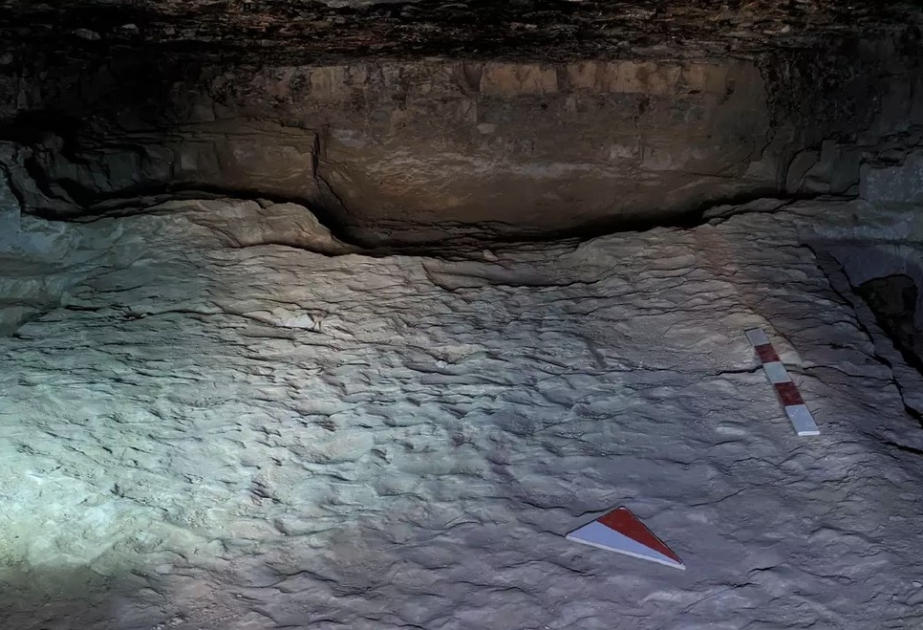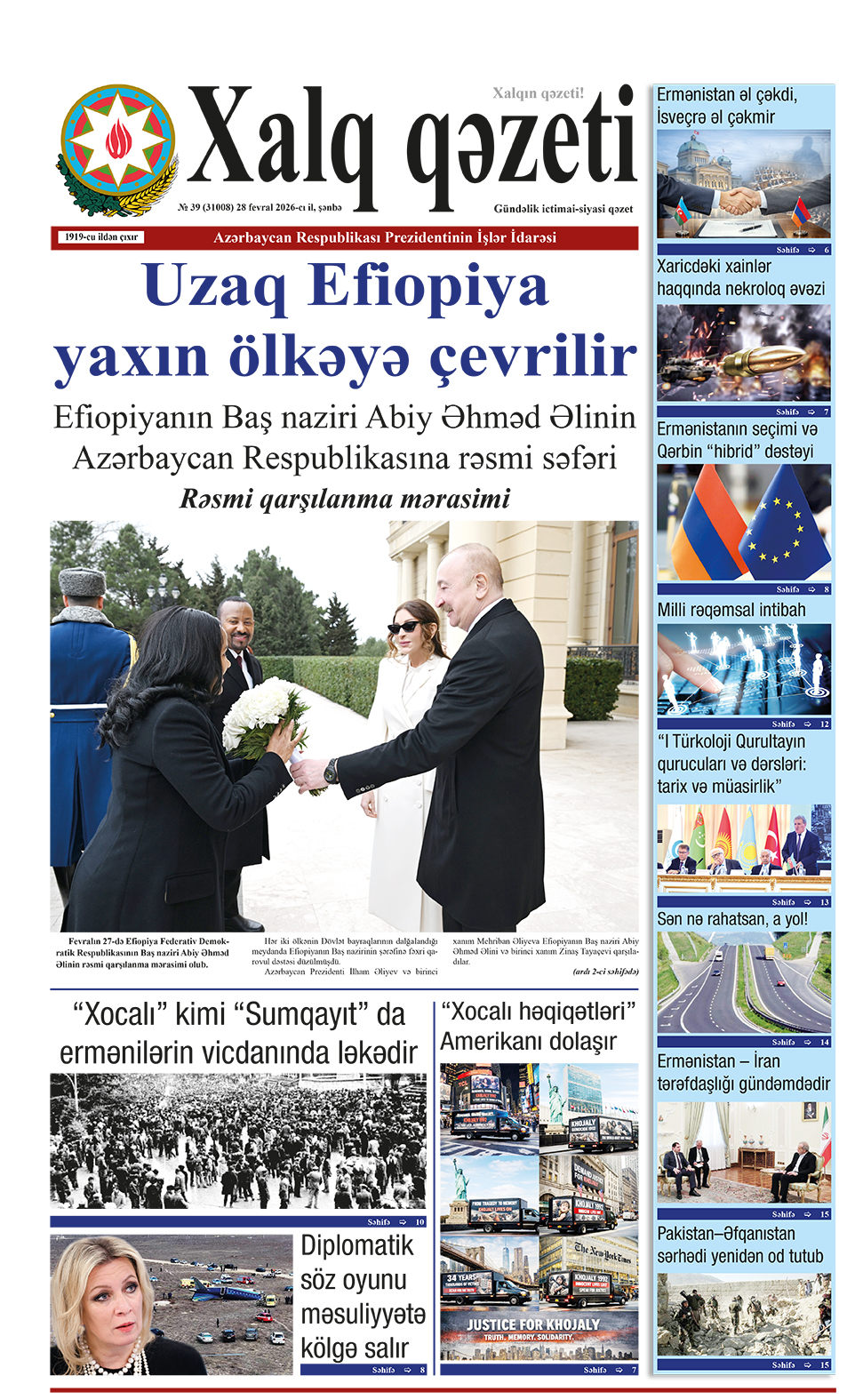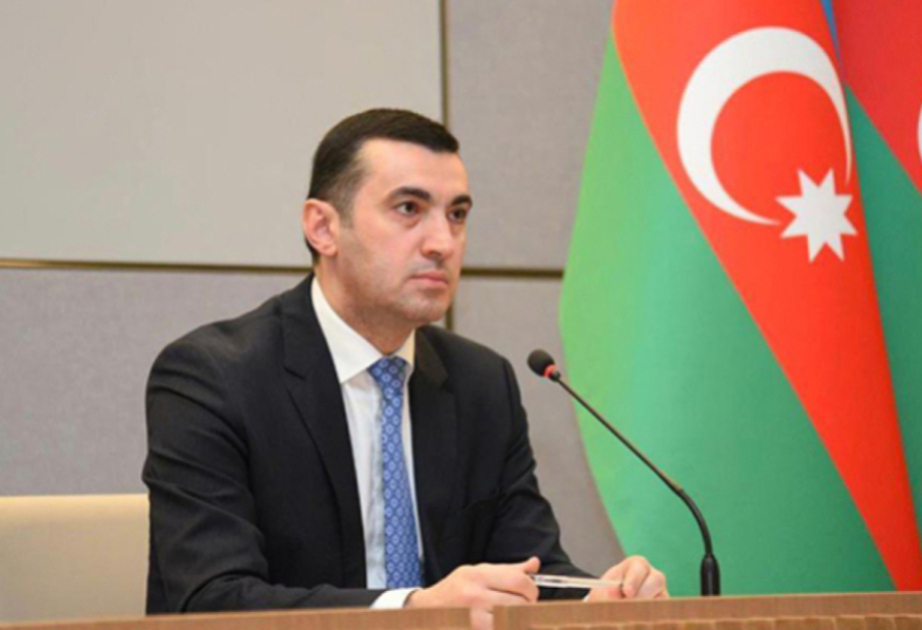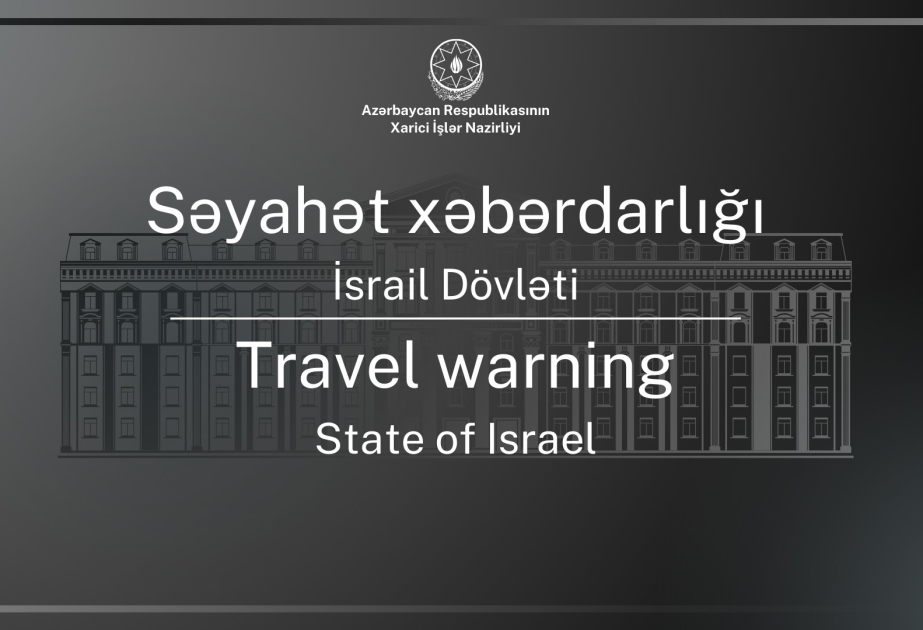An Egyptian-Italian archeological mission working in a cemetery in the west of Aswan province, southern Egypt, discovered 33 family tombs dating back to Roman and Greek eras, Xinhua reports citing Egyptian Ministry of Tourism and Antiquities.
The discovery adds new history to the area because some of the tombs still preserve parts of mummies and remains of funeral tools, which will contribute to more acknowledgment of this era, according to the statement.
It noted that studies on the discovered mummies found that 30-40 percent of the buried bodies were for young people and newborns.
Some of the tombs were carved in mountains and others were surrounded by walls made of mud bricks, it added, noting some stones, wooden coffins, sacrificing tables, and burnt muddy shapes were found inside the unearthed tombs.
Preliminary studies suggested that middle-class residents in Aswan Island were buried in tombs located in the lower part of the cemetery, while the upper part was for the rich people, said the statement, adding that the found mummies were x-ray scanned several times to identify their shapes of face, genders, and ages.




















